Powering Biology with Batteries
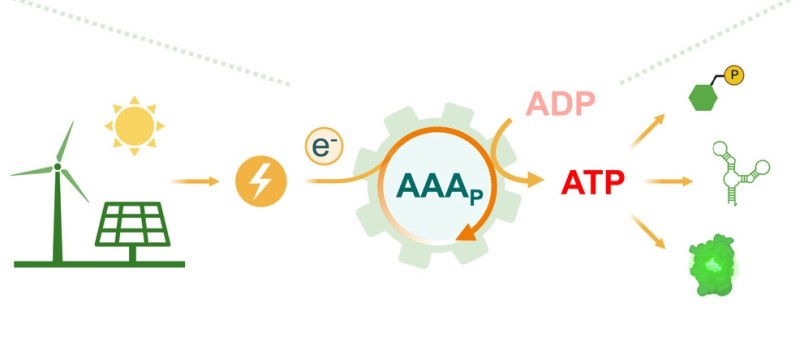
We’ve all been there — you forgot your lunch, but there are AC outlets galore. Wouldn’t it be so much simpler if you could just plug in like your phone? …read more Continue reading Powering Biology with Batteries
Collaborate Disseminate

We’ve all been there — you forgot your lunch, but there are AC outlets galore. Wouldn’t it be so much simpler if you could just plug in like your phone? …read more Continue reading Powering Biology with Batteries
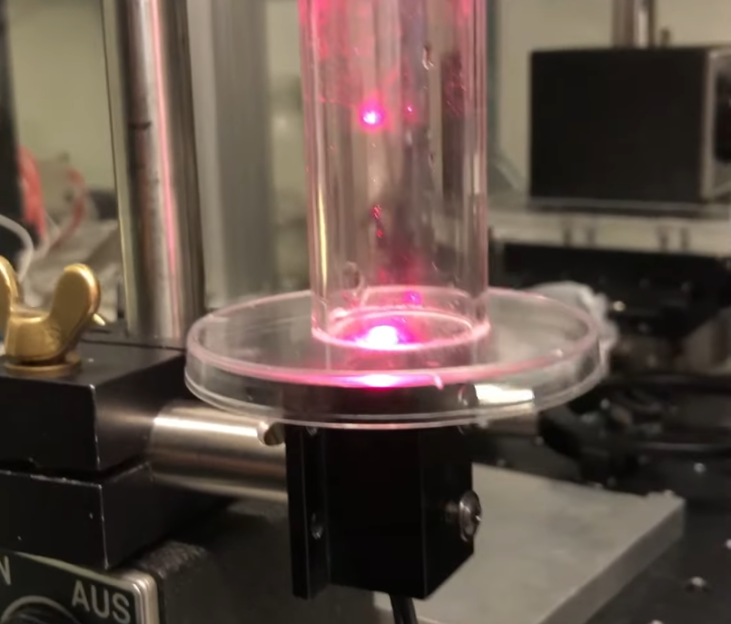
No matter how small you make a pair of tweezers, there will always be things that tweezers aren’t great at handling. Among those are various fluids, and especially aerosolized droplets, …read more Continue reading Optical Tweezers Investigate Tiny Particles
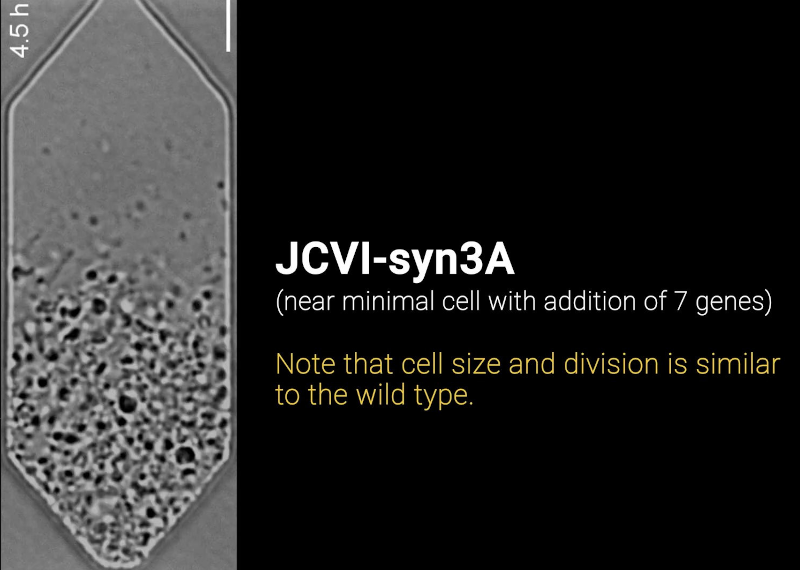
[Technistuff] read a paper about simulating a “minimal” cell — apparently a cell with only 493 genes. This led to a goal: reproduce the simulation in TypeScript so it can …read more Continue reading Simulating Cellular Biology in the Browser
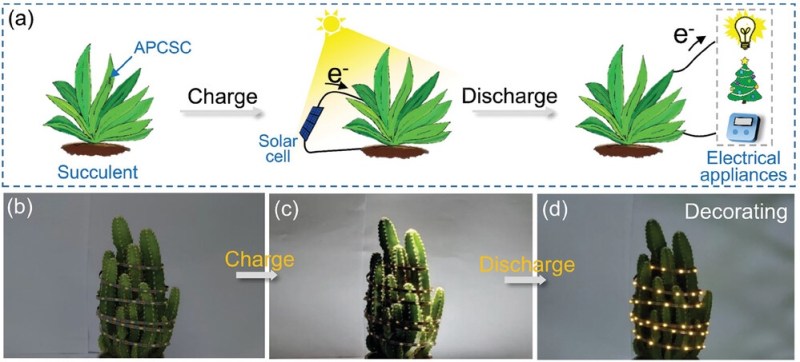
Researchers in Beijing have discovered a way to turn succulents into supercapacitors to help store energy. While previous research has found ways to store energy in plants, it often required …read more Continue reading Succulents into Supercapacitors
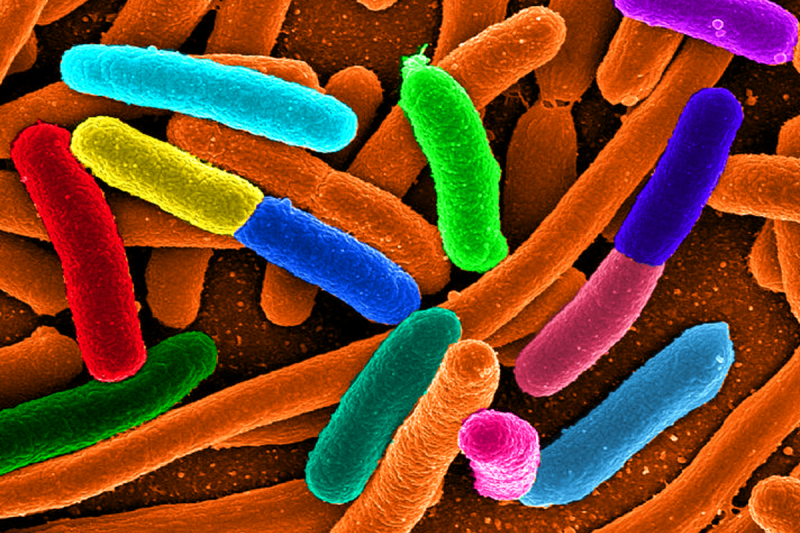
When we think of bacteria, we think of simple single-celled organisms that basically exist to consume resources and reproduce. They don’t think, feel, or remember… or do they? Bacteria don’t …read more Continue reading Some Bacteria Could Have A Rudimentary Form Of Memory
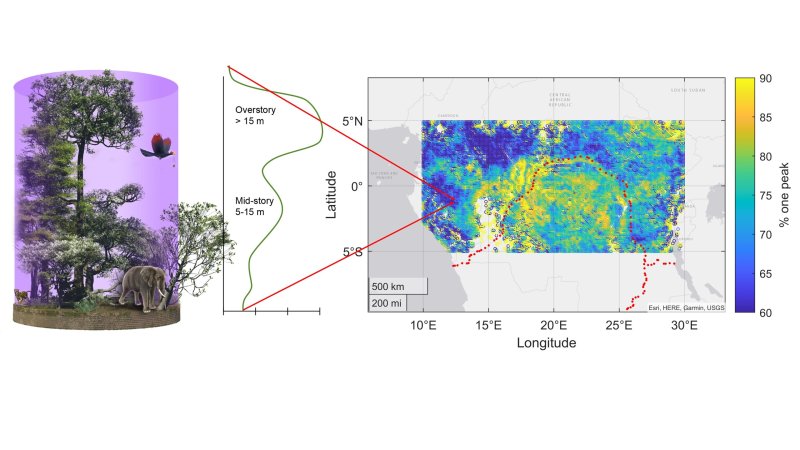
Even though it may seem like we have already explored every single square centimeter of the Earth, there are still many areas that are practically unmapped. These areas include the …read more Continue reading Exploring Tropical Rainforest Stratification Using Space-Based LiDAR
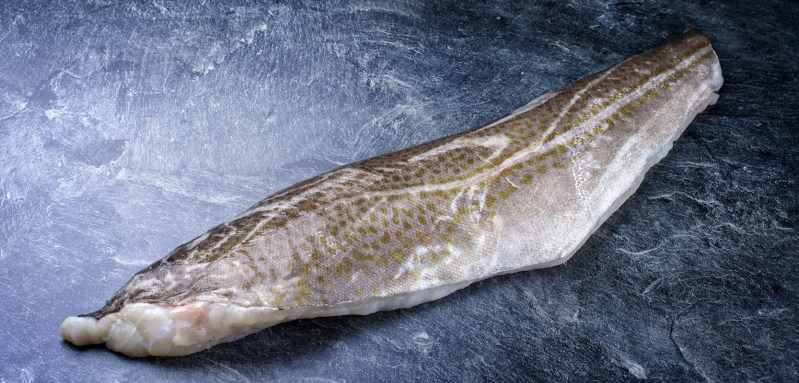
For hundreds of years, Icelanders have relied on the ocean for survival. This is perhaps not surprising as it’s an isolated island surrounded by ocean near the Arctic circle. But …read more Continue reading No Fish Left Behind

Members of Pixelbar woke up to shocking news on Wednesday morning this week as they learned that a fire had destroyed the building housing their Rotterdam hackerspace. Pictures of the …read more Continue reading Hackaday Links: July 2, 2023
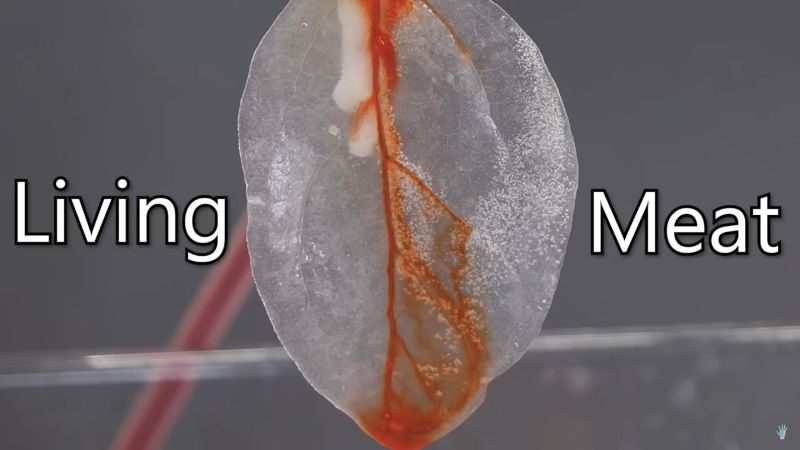
Some of us jokingly refer to our hobbies as “mad science,” but [Justin] from The Thought Emporium could be one Igor away from living up to the jibe. The latest …read more Continue reading Get Your Leafy Meats
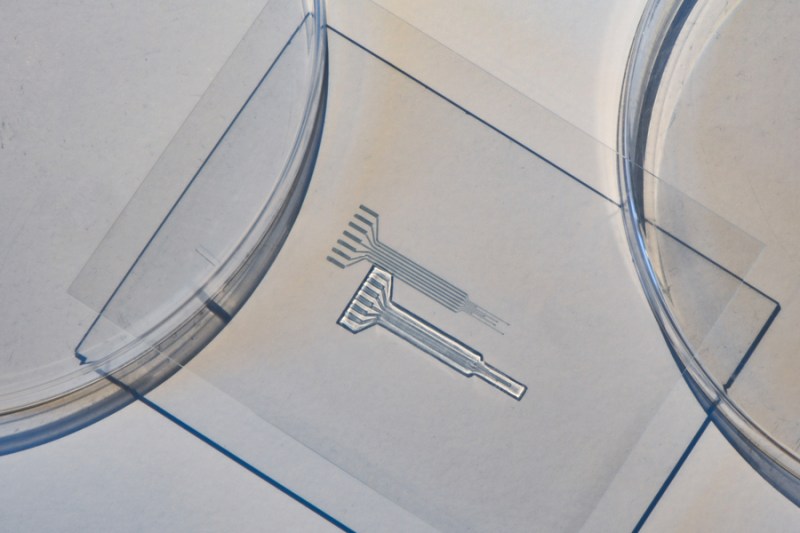
Interfacing biological and electrical systems has traditionally been done with metal electrodes, but something flexible can be more biocompatible. One possible option is 3D-printed bioelectric hydrogels. Electrically conductive hydrogels based …read more Continue reading Hydrogels for Bioelectronic Interfaces